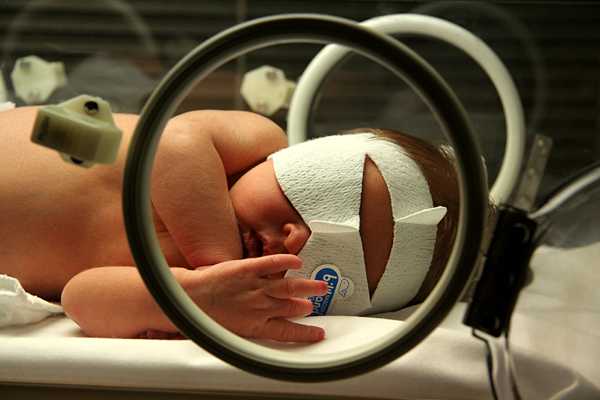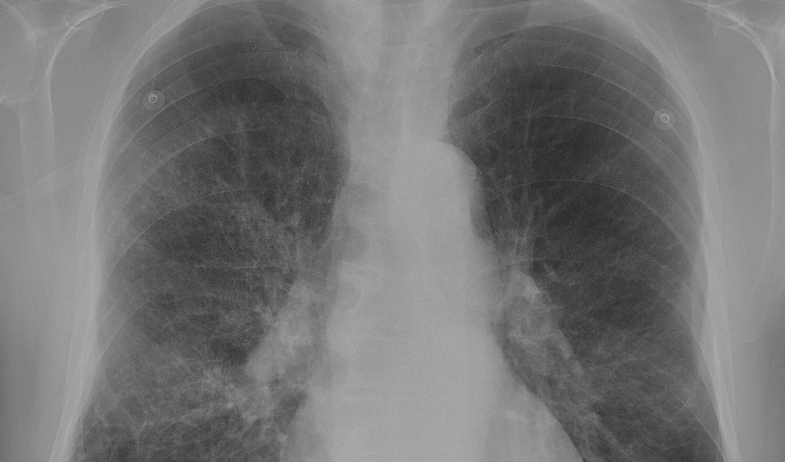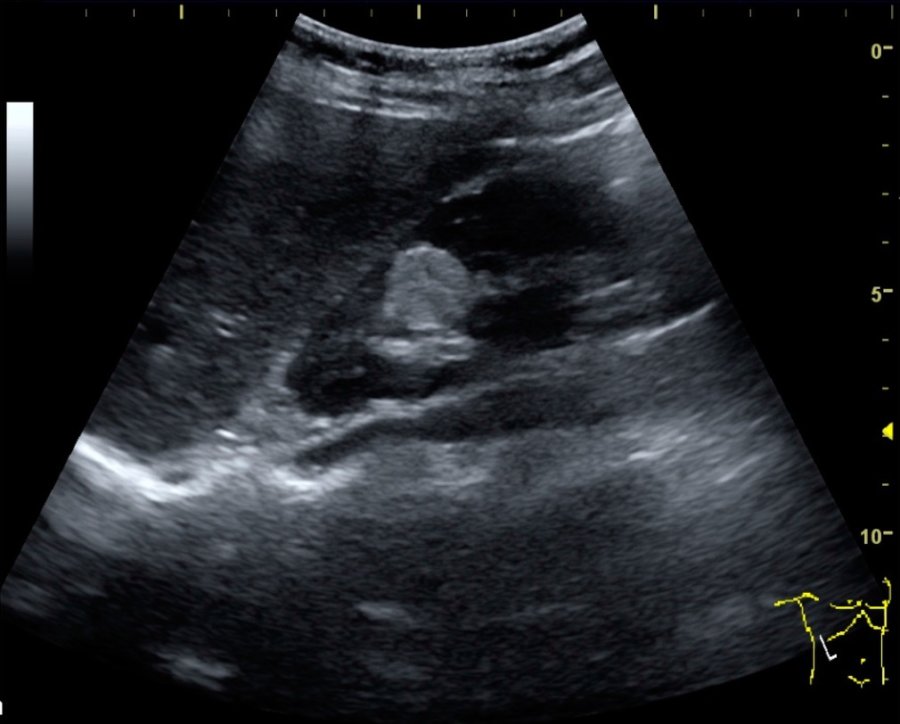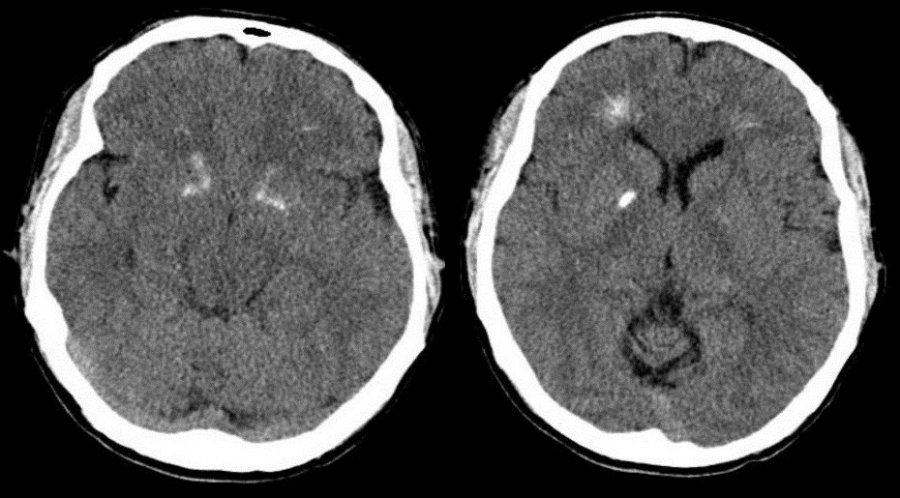Neonatal professionals are skilled and trained to properly care for newborn infants, specifically within their first twenty-eight days of life. Neonatal nurses specialize in caring for healthy newborns, while neonatal nurse practitioners specialize in caring for infants that may need special care and attention. These infants may include those in the Neonatal Intensive Care Unit (NICU), emergency rooms, delivery rooms or specialty clinics. During the first twenty-eight days of life, infants are at high risk of infections and possibly developing abnormalities. It is the extensive training and education that neonatal professionals are required to have that prepares them for this line of work.
One of the first steps in becoming a neonatal professional is to earn a high school diploma or GED, this is a key requirement to begin a registered nursing program. A registered nursing program will set the foundation of a career as a neonatal professional. Nursing students may obtain an associate degree or a bachelor’s degree in nursing, this could take 2-4 years. Typically, the curriculum for these degrees focuses on anatomy and physiology, lifespan development, microbiology, community health nursing, and principles of ethics among other studies.
After the successful completion of a registered nursing program, registered nurses (RNs) need to pursue a suitable master’s program. This can be a Master of Science in Nursing (MSN) or a Doctor of Nursing Practice (DNP) program. Generally, an MSN program may require the completion of approximately 550 clinical hours and a DNP program may require the completion of 1,000 clinical hours. MSN programs are usually completed in two years, while DNP programs can take between 3-4 years for completion. During this time nurses experience working in neonatal settings with infants and their families.
With years of studying, training, experience and successfully completing an accredited master’s program, it is important to obtain proper licensing and certification. There are multiple ways to obtain national certification and state licensing. The American Nursing Credentialing Council offers a pediatric nursing certification, while most neonatal credentials are administered by the National Certification Corporation (NCC). Proper certification and licensing for practicing may vary from state to state. These certification requirements typically include a three-year revision. Maintaining certification also includes a “continuing competency specialty assessment”, which will determine the number of continuing education hours needed. Becoming a neonatal professional is a process and can take years of hard work and dedication but is also very rewarding.










